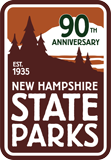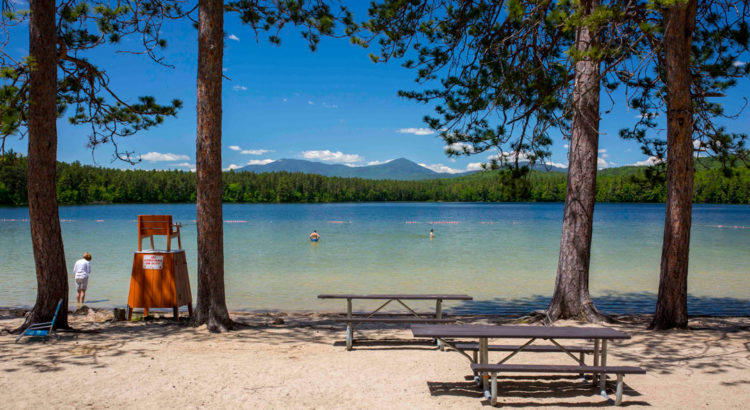Blog written by: Pete Lampley, Interpreter at White Lake State Park
If you’ve ever caught yourself listening to an oldie hit on the radio tapping your toes or anticipating the next lyric, you know how a catchy song can carry itself quite a ways. Some of our favorite hits of the 40s and 50s still find a way into movies, TV and (if you’re lucky) to the right radio station. The Big Band Swing hits of the 40s still retain their infectious charm and the easy listening of the Ink Spots still eases us into an easy aural bliss. But as long-lived as some of these songs may be, the popularity of even our favorite pop hits at some point must fade. Across many years and multiple generations, music carries itself a long way, but the oldies station only stretches back so far.
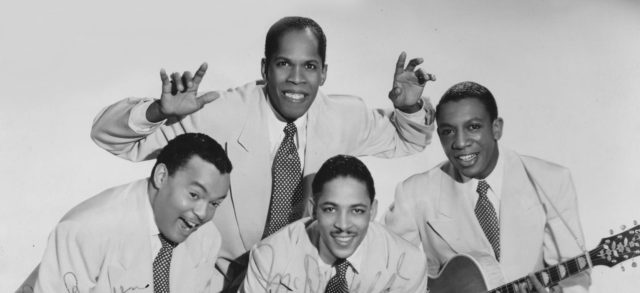
Case in point:
In 1863, a man name Walter Kittredge (a Merrimack native) penned a song that would become one of the most popular hits of the Civil War era. It was well-known and widely performed amongst Union and Confederate troops alike. It was adopted and performed by the famous Hutchinson Family Singers and within three months of publishing the song, Kittredge managed to sell over 10,000 copies of sheet music! You’d be hard pressed to find someone in 1870 who’d never heard the song or couldn’t recite the lyrics, and yet I doubt very many people reading this now could even think of its name. (I imagine somewhere out in cyberspace someone knows the answer offhand, and to you sir/madam, I think you would do very well on Jeopardy.)
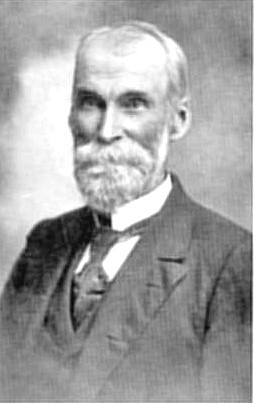
The song was called Tenting on the Old Campground. A simple song with three chords and a haunting melody, it captured the hearts and minds of thousands of Americans. Soldiers in the field, mothers and children, tradesmen and artisans, farmers and lawyers – the vast majority of Americans in the late 1860s knew someone who had fought, or had fought themselves, in the Civil War. To them, this song had a very powerful message. It was imbued with intense personal meaning and would have given goosebumps to even the staunchest stoic.
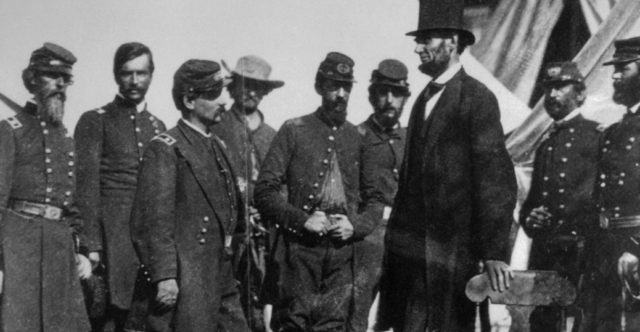
The song imagines the scene in a soldier’s camp. The day is done and the men are gathered around a fire – talking, eating, singing. They are physically tired, emotionally drained, spiritually strained. The men ask for a song to cheer their weary hearts. A song of home – of hope for the end of the war.
As you listen to this song, you may very well imagine yourself sitting there. The evening fires burning low, the subdued bustle of a camp at rest, the faces of the men beside you looking somewhere beyond the campfire or somewhere far below their feet.
If you are interested in listening to this tune, you can do so here. Or, for a personalized touch, feel free to stop by and listen one evening at White Lake. I’d be happy to play it for you.
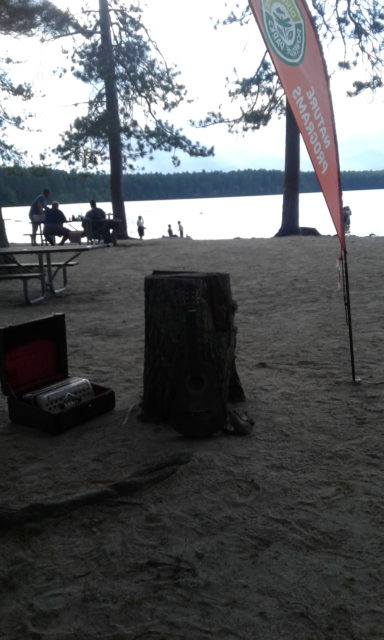
It’s pretty humbling to know that a song like this – which was so significant for so many – has all but disappeared from the public consciousness. The memory of even the most cataclysmic rift in our society has faded. It lies on the other side of a yawning gulf of time, untouchable and invisible. But it is still important to understand the history of this war and the echoes we hear even today. To that end, we can study the dates and the names and the places in our history books – but only by listening closely to the songs of the time will we really be able to understand the experience.
